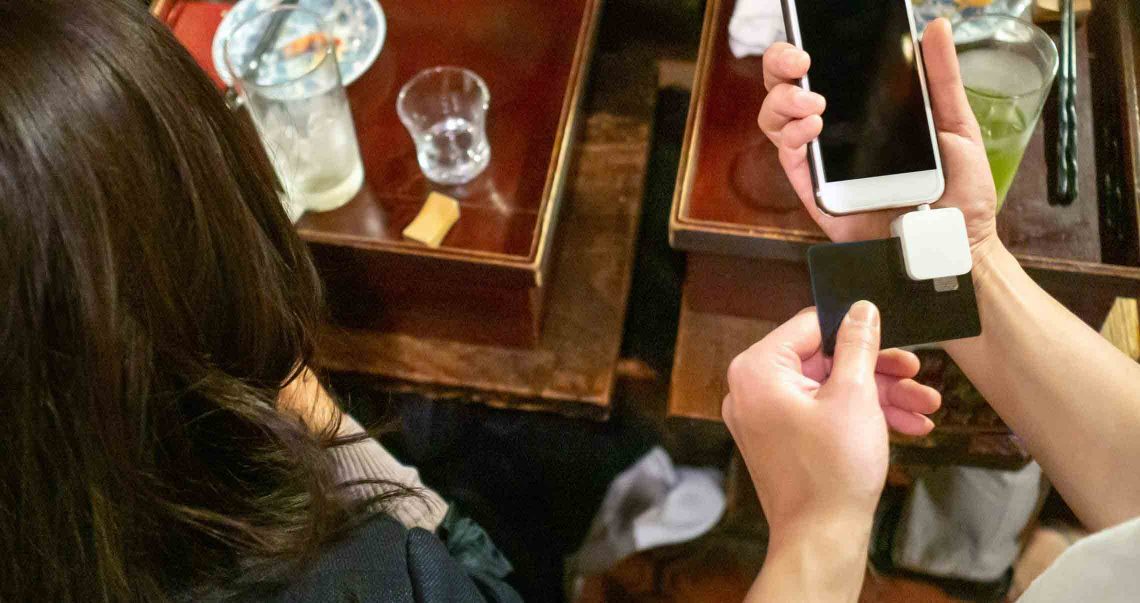Why You Should Separate Personal and Business Expenses
Setting boundaries between your professional and personal life isn't always easy, especially if you're juggling work and family tasks during the same hours. According to the OECD Better Life Index, working long hours may increase stress, impair personal health and jeopardize safety.

However, it's important to have a work-life balance so you're not getting pulled away from date night or quality time with your family. Similarly, it's essential to keep your personal accounts and business finances separate. Mixing professional and personal funds could expose you to risks in a few key areas.
Managing cash flow
It can be challenging to understand your company's cash flow status if you're pulling money out for personal reasons. As the owner, that money may be technically yours, but your personal expenses must come out of personal accounts.
When you routinely siphon money out of your business account to pay for personal groceries or mortgage, you don't have an accurate report on the financial health of your company. For this reason, cash flow management is an essential skill for your business's success.
Filing taxes
When you file business taxes, you'll need to access your business income and expense information. If personal transactions are mixed with business expenses, it'll take time to sort, identify and prioritize everything—which can add pressure during tax season.
The closer you get to tax time, the less you'll remember which expenses were personal versus business, and you could mistakenly overlook legitimate business deductions. This is why it's important to establish boundaries so you can easily track your business profit and expenses throughout the year.
Knowing legal risks
Paying for personal expenses from your business account may expose you to potential legal and financial trouble. If your business is a corporation or limited liability corporation, your personal assets are protected from professional liabilities if your business is sued or fails. However, if you pay personal bills from your business account, you can negate this protection. This is known as piercing the corporate veil, and the court could consider you liable for business debts.
If an audit shows personal receipts on your business account or cash withdrawals for personal reasons, it may look like you're draining company funds for your own gain. This can make investors or business partners think twice about working with you. Stakeholders could also sue you for misappropriation of funds.
Using your business account
Instead of using business funds, make sure you regularly take a salary or profit distribution. It's easy to set up an automated lump-sum transfer every week, 2 weeks or monthly. This way, you won't dip into business funds if you need cash for yourself.
Use your business bank account only for business expenses, and set up a dedicated system for managing business finances. You can use a tool like QuickBooks or hire a bookkeeper. Always keep business and personal receipts separate as well. Establishing a strong bookkeeping process will help you maintain transparent accounting practices for your business.
You can also open a business credit card and checking account to pay for business expenses, which may help you easily generate reports for tax purposes. Paying credit card bills on time also helps build your business credit score.
Be diligent about separating your personal and business purchases. As a business owner, you may combine errands and buy personal and business items at the same time. Always ask the cashier to ring up these purchases in two transactions.
The bottom line
Keeping your business and personal accounts separate is a smart way to manage your money and business. When you set up the proper structure and follow best practices, you help build and maintain the financial health of your company.




